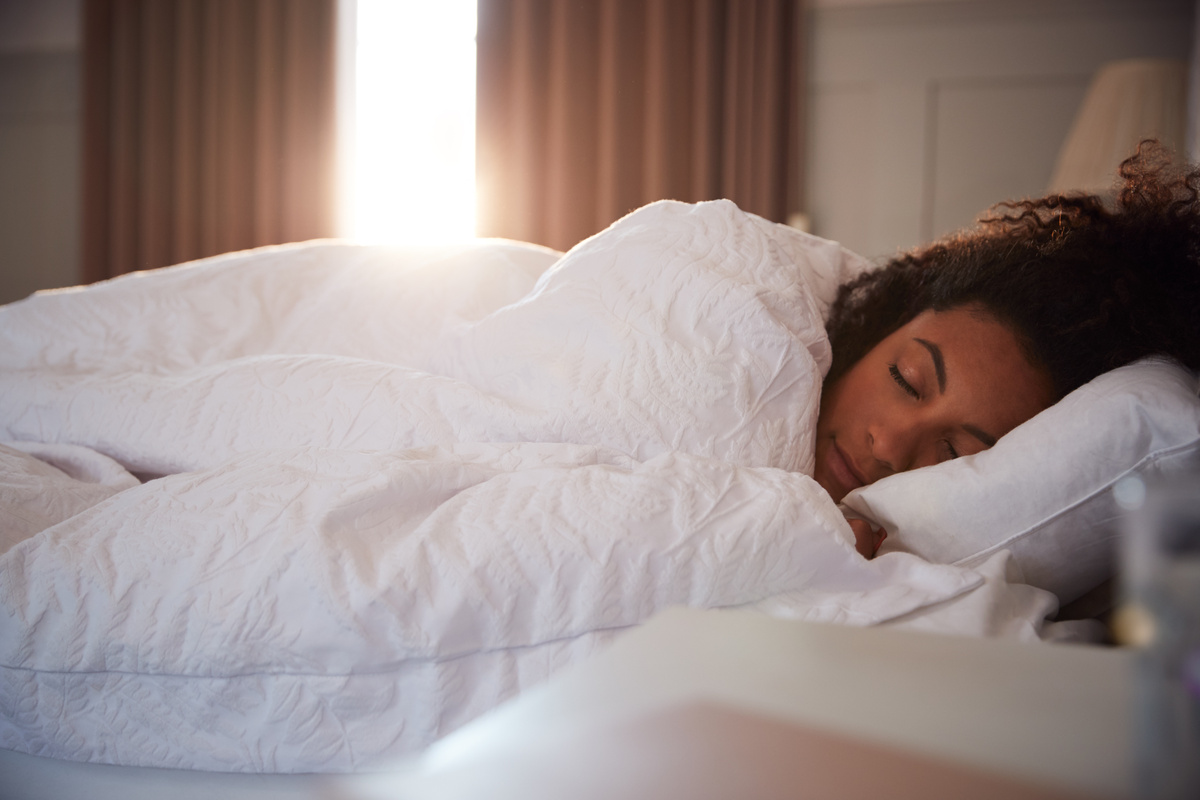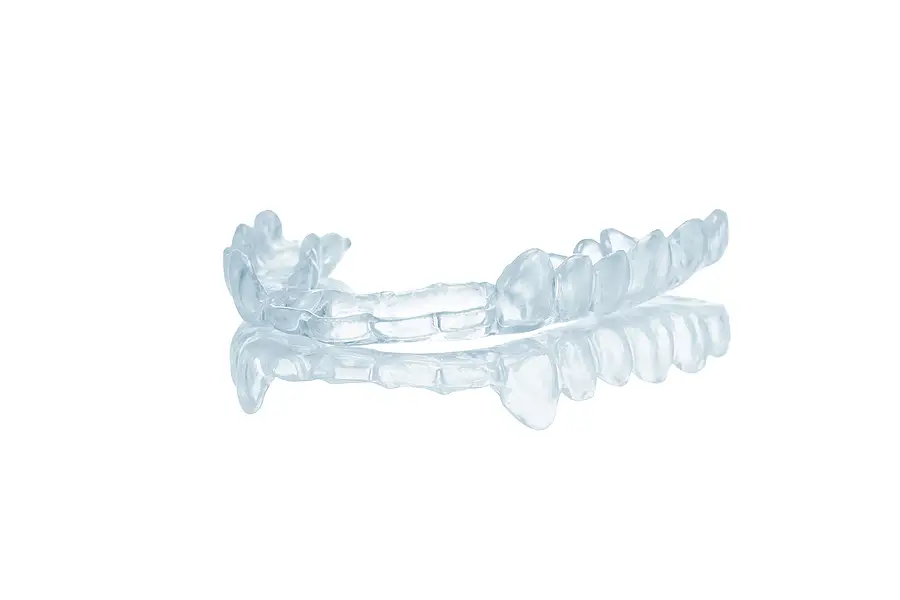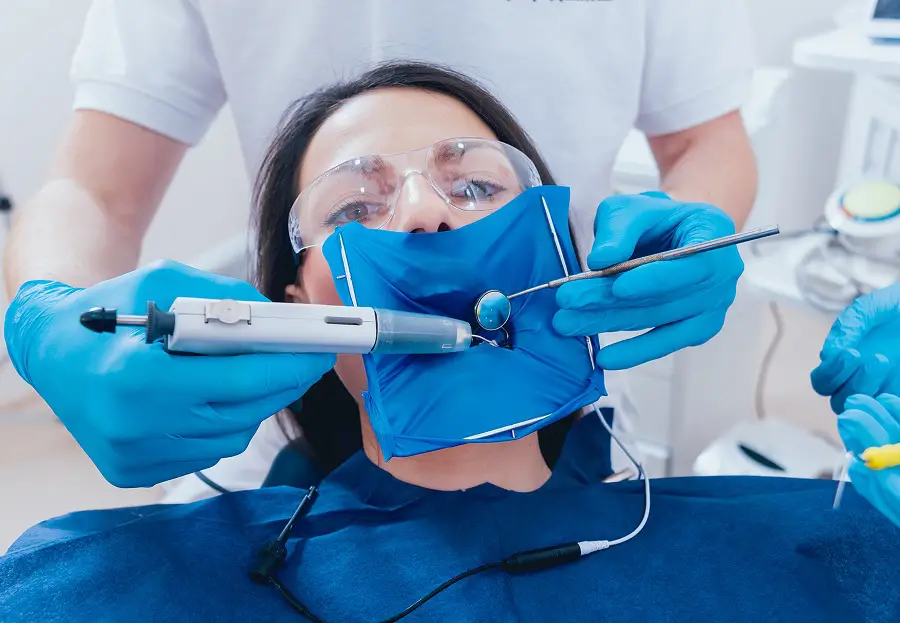Are you struggling to fall asleep every night? Your insomnia may not be the result of poor sleep hygiene. Instead, your teeth may be to blame. Unfortunately, not getting enough sleep can significantly impact your quality of life. There are several oral health concerns that can actively make it harder for the average person to sleep.
Let’s break down some of the most common sleep issues caused by oral health concerns. Once you better understand what conditions might be keeping you up at night, you can determine what steps you need to fix them–and get your sleep schedule back on track.
Periodontal Disease
Periodontal disease can cause you to contend with minor to severe damage to your gums and teeth. Unfortunately, that damage can cause dental pain that only gets worse the longer you go without treatment. That dental pain can easily keep you up at night, even if you’re using non-prescription painkillers to dull it to reasonable levels.
What’s more, periodontal disease puts you at greater risk for tooth loss than you might face otherwise. The anxiety of possible tooth loss may keep you up at night as easily as the pain you’re in, thoroughly disrupting your sleep schedule.
Bruxism
The term “bruxism” describes the involuntary habit of grinding your teeth or clenching your jaw while you sleep. Unfortunately, bruxism can cause you to wake up multiple times throughout the night, causing some significant disturbances in your sleep schedule. Bruxism can also be a source of contention with a partner if you share a bed.
Bruxism can also cause considerable mouth pain over time, meaning you’re more likely to have difficulty falling and staying asleep over the course of a night.
Dry Mouth
You might think that dry mouth is a result of dehydration, which, arguably, should have an easy fix. In reality, you may find yourself dealing with dry mouth due to a wide variety of dental and medical conditions, all of which can make it considerably harder for you to fall and stay asleep.
If you’re on medications that promote dry mouth and you’re struggling to fall asleep, consider talking with a medical professional about alternatives. You can also explore other causes of dry mouth alongside dental professionals who, by addressing problems with your teeth, can help you get back on a normal, healthier sleep schedule.
Sleep Apnea
Sleep apnea is a condition wherein a person suffers from an obstructed airway on a nightly basis.
People contending with sleep apnea often snore quite loudly, making it harder for them to stay asleep throughout the night. Because sleep apnea can also cause people to stop breathing at several points during the night, people with the condition may wake up frequently, struggling for air.
While CPAP machines can make it easier for someone with sleep apnea to get the safe sleep they need, it’s often in a person’s best interest to explore what other conditions might be worsening their sleep apnea. Cavities, gum diseases, and misaligned teeth can all make your sleep apnea worse, subsequently making it harder for you to get the sleep you need.
TMJ
Your temporomandibular joint (TMJ) allows you to chew, talk, and otherwise move your jaw. Unfortunately, wear and tear can cause this joint to start to hurt or click during use. If you lie down and find that you can’t lie on a certain side because your jaw hurts too much, you may have considerable problems with your TMJ.
Fortunately, our dental team knows how to confront the problems caused by an inflamed or damaged TMJ. You can meet with your team, discuss your pain, and trust an experienced dental professional to outline the means you can use to reduce your discomfort and get back to sleep.
Let Dental Professionals Help You Get Back to Sleep
Dentists and dental hygienists have the professional experience to help you identify the oral health conditions that might be keeping you awake at night. A routine dental check-up should give you a better idea of what kind of wear and tear, tenderness, or other conditions have been keeping you awake.
It’s in your best interest to pursue treatment for oral health concerns as soon as a dental hygienist identifies them. Fortunately, our team can help. You can reach out and schedule a dental assessment through our contact form or by calling (770) 458-3600. Let us get you back to sleep today.






